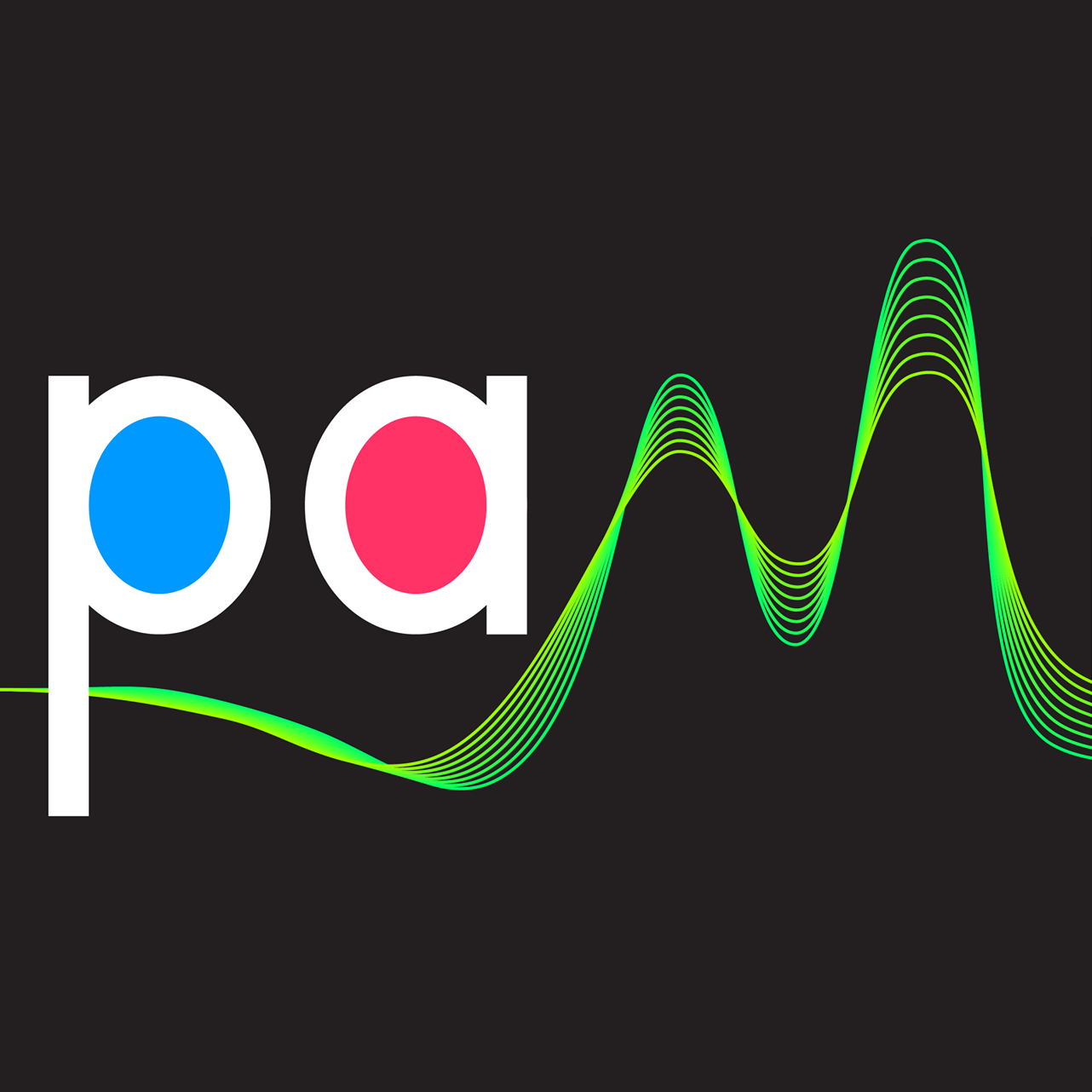Short-term phonetic drift in an L2 immersion environment
Published in Current Issues in Linguistic Interfaces, 2009
This paper investigates the nature and time course of phonetic drift in L1 by examining the very first weeks of 20 L1 English speakers’ acquisition of Korean as L2. Acoustic analyses of these learners’ L1 and L2 production over time indicate that learning L2 stops affects the production of L1 stops (in terms of VOT and/or f0 onset) in as little as one week, with the L1 sounds approximating the characteristics of the L2 sounds to which they are most phonetically similar. These results indicate that L1 phonological categories are affected by L2 learning on a very short timescale, suggesting that the equivalence classification that gives rise to this phonetic drift may be rather low-level in nature.
Recommended citation: Chang, C. B. (2009). Short-term phonetic drift in an L2 immersion environment. In Y.-S. Kang, S.-W. Tang, C. Kim, J.-Y. Yoon, Y.-S. Kang, K.-A. Kim, H. Yoo, Y. Jang, & H.-K. Kang (Eds.), Current issues in linguistic interfaces, Volume 2 (pp. 31–46). Seoul, South Korea: Linguistic Society of Korea.
Download Paper
